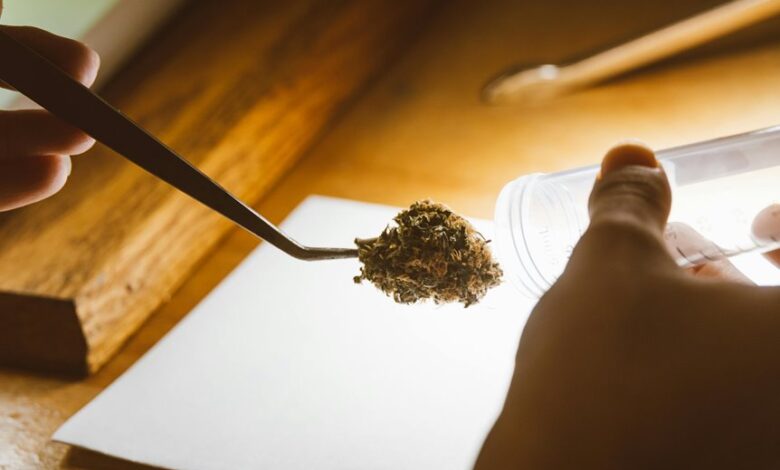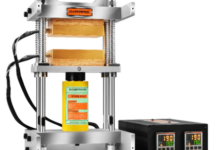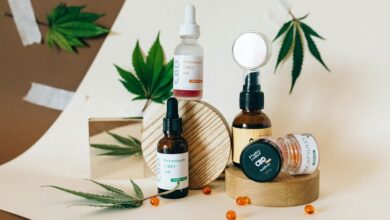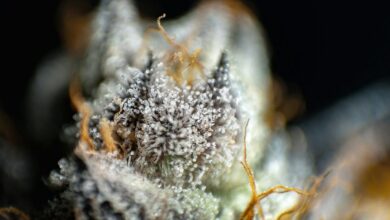Will Cbd Cause You to Fail a Drug Test

The relationship between CBD and drug testing is complex. CBD, in itself, does not typically cause a failed drug test. However, many CBD products contain trace amounts of THC, which can result in positive test results. Understanding the nuances of THC levels in these products, as well as how drug tests function, is crucial for consumers. This leads to important considerations regarding safe usage and legal regulations that warrant further exploration.
Understanding CBD and Its Sources
Cannabidiol, commonly known as CBD, is a compound derived from the Cannabis sativa plant, which encompasses both hemp and marijuana varieties.
CBD extraction methods vary, influencing the purity and potency of the final product.
Hemp varieties are particularly sought after for CBD extraction due to their lower THC levels, making them a preferred source for consumers seeking therapeutic benefits without psychoactive effects.
THC Levels in CBD Products
The concentration of THC, or tetrahydrocannabinol, in CBD products is a critical factor influencing their legality and safety for consumers.
Legal implications arise when CBD concentrations exceed 0.3% THC, potentially categorizing products as illegal substances.
Consumers must be aware of varying THC levels across products to mitigate risks, ensuring compliance with regulations while safeguarding personal freedoms related to CBD use.
How Drug Tests Work
Drug tests are designed to detect specific substances within a person's system, primarily focusing on metabolites that indicate recent use of drugs.
Various drug testing methods, including urine, blood, and hair tests, possess different detection windows. These windows vary based on factors such as substance type and individual metabolism, influencing how long a drug remains detectable after use.
Tips for Using CBD Safely and Responsibly
Understanding how drug tests operate highlights the importance of using CBD products with caution.
Individuals should prioritize responsible sourcing, ensuring products are third-party tested for purity and THC levels.
Additionally, adhering to recommended CBD dosage can minimize the risk of unintentional THC consumption.
Conclusion
In conclusion, consumers should cautiously consider the complexities of CBD and its potential THC trace. Though CBD itself is generally not the culprit for failed drug tests, the presence of THC can pose a perilous predicament. Prioritizing products that are properly proven through third-party testing and maintaining mindful monitoring of dosages can mitigate risk. Ultimately, informed individuals can navigate the nuanced landscape of CBD safely, ensuring a satisfying and stress-free experience while safeguarding their professional pursuits.






